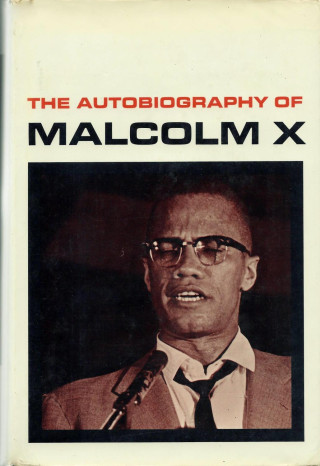Malcolm’s significance for Black dignity and self-respect is the driving force of a major new biography, The Dead Are Arising: The Life of Malcolm X by Les Payne, an investigative journalist who won a Pulitzer Prize for his work on the global heroin trade. The book, which won the National Book Award for nonfiction, is the result of a thirty-year labor of love and was heroically completed by Payne’s daughter, Tamara, after his death in 2018.
In Payne’s rendering, the most fundamental impact of oppression is how it inculcates a sense of inferiority and “self-loathing” in its victims. This view, which the historian Daryl Michael Scott has disparaged as “damage imagery,” is the cornerstone of Payne’s analysis of the American race problem. In a striking autobiographical essay called “The Night I Stopped Being a Negro,” first published in 2008 and quoted by his daughter in her introduction, Payne wrote:
I’d never met a white person, South or North, who did not feel comfortably superior to every Negro, no matter the rank or station. Conversely, no Negro I’d met or heard of had ever felt truly equal to whites. For all their polemical posturing, not even Baldwin, Martin Luther King, Jr., or the Great Richard Wright…had liberated themselves from the poisoned weed of black self-loathing.
This stunning indictment of King and all the others caught up in the American racial dilemma is rooted in Payne’s childhood in the 1940s. He describes his youth as a training in the rituals of acquiescence. “Inferiority,” he writes, was “inspired in us at the hearth, was reinforced by every shred of evidence on public display: the Little Black Sambo schoolbooks, the billboards, the Amos ’n’ Andy Radio Show, the drinking fountains.” “Our parents…curbed all signs of rebellion,” and “we were bent like saplings to the circumstance of a permanent underclass.”
Payne’s essay tells of the night in 1963 he saw Malcolm speak in Hartford, Connecticut, an experience that exercised a hold on his imagination for decades. Malcolm’s outstanding achievement, Payne came to believe, was that his thought and rhetoric were uniquely capable of dissolving “the mark of the conditioned Negro, the most despised—and self-despising—creature in America,” in an “acid bath of racial counter-rejection, tough-love logic, and bottom-up primer on American history.” It was the encounter with Malcolm, in Payne’s reminiscence, that began to free him from the psychic bondage of racial self-loathing, converting the future journalist from servile “Negro” to self-respecting “black man.”
That Malcolm could occasion such transformations, Payne contends, was due not just to his awesome rhetorical gifts, but to his ability to “demonstrate with his life” (my emphasis) that Negroes could overcome their shame and discover unimpeachable self-respect. That Payne could treat Malcolm’s life as singularly ready-at-hand to demonstrate such a point (as opposed to King’s or Wright’s, or Fannie Lou Hamer’s for that matter) is a testament not only to the dramatic material of Malcolm’s life story, but also to his uncanny talent for self-mythology and the gravitational pull it tends to exert on his biographers.

